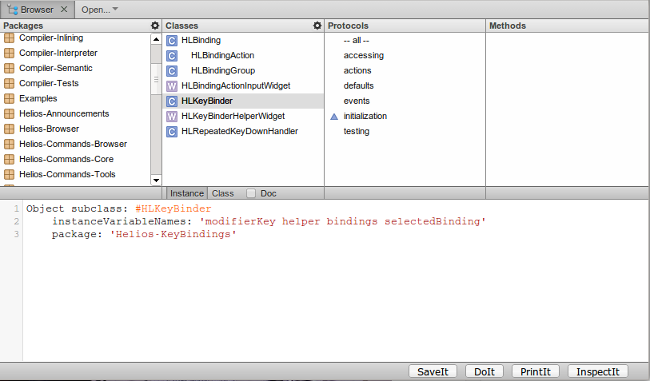1-getting-started.md 2.1 KB
title: Quick start guide layout: default permalink: "getting-started.html"
next: "overview.html"
Welcome to Amber! This super quick starting guide will get you up and running with Amber.
Sebastian Sastre made an introductory video of Amber which explains how to get a running Amber system.
Installing Amber
The Overview gives more informations about the way Amber is shipped, how to install and load it.
To get Amber running, you will need
Node.js. Install the command-line tools with
npm and Amber using bower:
{% highlight sh %}
Install the CLI tools
sudo npm install -g amber-cli
Create the project structure
mkdir example-project cd example-project/
Create and initialize a new Amber project
amber init {% endhighlight %}
You will be asked several questions about your new project during the amber init phase. Be sure to set a default namespace for your project.
If you have been using older versions of Amber, you may have amber installed globally instead of amber-cli. You need to remove it first: sudo npm uninstall -g amber.
Your project directory now includes Amber as a dependency (using Bower, but you don't have to care about this for now), along with several other files, including the index file index.html.
All you need to start working is to fire up the standalone amber webserver:
{% highlight sh %} amber serve {% endhighlight %}
and open your web browser on
http://localhost:4000. A button on the page will
open Helios -- the new IDE -- as a popup window. From there new packages will be
created with AMD namespace set during the amber init phase, and saved to the src/
folder.
Most web browser will block popups by default. You may need to authorize the Helios popup and reload the page.

